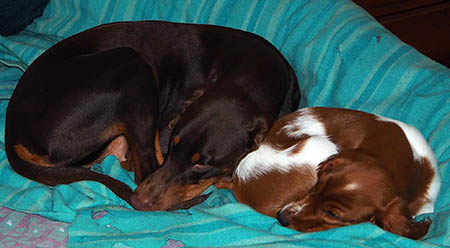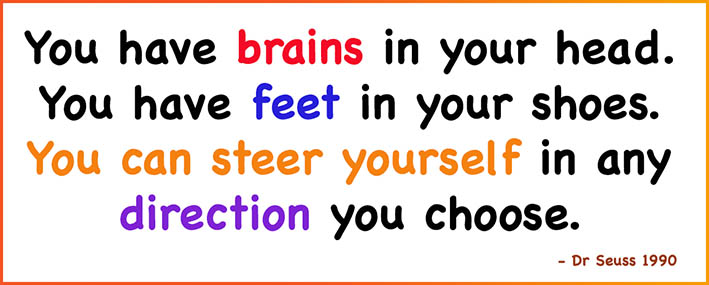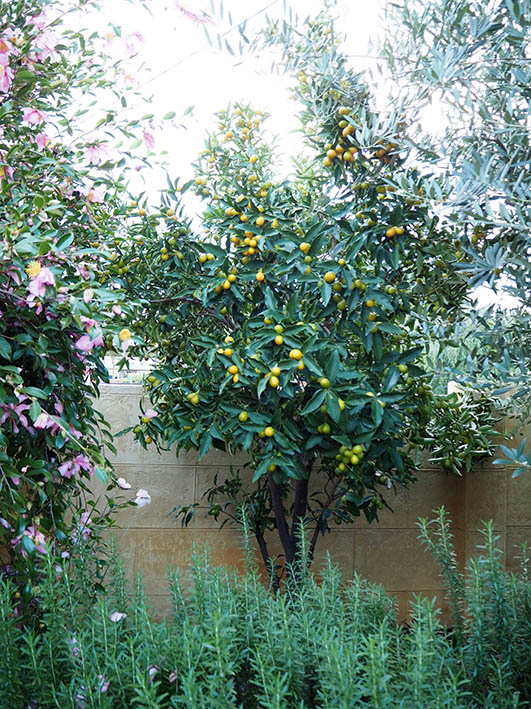I recently came across a snippet of a quote from Letters to a Young Poet. It struck a chord, so I went looking for the original and found that, in the first of the letters, the author advises his reader to
Find out the reason that commands you to write… ask yourself in the most silent hour of your night: must I write? Dig into yourself for a deep answer. And… if you meet this solemn question with a strong, simple “I must”, then build your life in accordance with this necessity…
I take this to mean that if expressing your thoughts and imagination as the written word is a compulsion that’s with you at all times… then you’re a writer and need to incorporate this fact into your life. Perhaps, like me, you fill up journal after journal with thoughts and observations. Perhaps you write for your own pleasure and self-expression… perhaps you have book contracts to fill (or aspire to). Maybe you’re a freelancer and have targets to achieve or a blogger with weekly blogpost deadlines you’ve committed to. Whatever your style or medium, if you write because, like me, you must – then you’re a writer.
There’s another part to the equation, of course, and that’s the reader. Having someone (or many some ones) read your work adds another dimension to it. They provide feedback that, whilst fraught with possible dangers, enriches the writing experience. This requires finding and developing an audience (other than your nearest-and-dearest).
So, for those of us who don’t have a commercial publisher behind us, how do we do this? Two very scary – although hyphenated – words: Self-promotion.
Many writers (including me) find that we stall out at this ‘look at me’ stage, feeling self-conscious at the thought of big-noting ourselves. Certainly, my social/family background impressed upon me that this simply isn’t something that one does. (It’s not nice to boast, dear.)
But, unless there’s a marketing team behind you doing all the hard work, how do you get people to read your blog/book/work if you’re not going to promote it? Short answer: you won’t.
I pondered on this at great length – both before and after publishing Girdle of Bones – and concluded that blogging is a very useful tool in this arena. It allows for a level of self-promotion that can initially feel almost anonymous. But, as time goes by – and my audience grows, I feel increasingly connected – and surprised.
Anyhow, this is the short list of self-promotion tips I came up with, garnered from a combination of experience and research:
- If you don’t have a blog, start one. If you do, then provide a social media sharing option to encourage your readers to share. I use the social media feather plugin on WordPress – it’s free and it works well.
- Write good stuff. Or, more precisely, always strive to write better stuff – ideally, the very best content you can.
- It’s a good idea to try to get your readers/audience to react to your blogposts – and to be interactive with those who do. Ideally, this generates chatter on a topic, which makes it more visible, which generates chatter, which…
- Don’t push your barrow to hard – it puts people off. Instead, keep your content interesting and be responsive to reader/audience comments.
- Social media. Yup, it’s here to stay so just hop on board for the ride. Base your choice of platform/s on your mythical/actual audience. If they’re into Facebook, use that. Choose one or two others (e.g. Twitter and Instagram) and update reasonably frequently – this helps to keep you in the public eye.
- And then there’s Search Engine Optimisation (SEO) – this is something I’m new to, but it’s doesn’t appear very labour intensive. I’ve installed the All in One SEO Pack to see how that goes.https://wordpress.org/plugins/all-in-one-seo-pack/
- Use a free keyword tool to see what comes up when you enter key words or phrases relating to your blogpost topics. Some combinations of words get more hits – so try to use variations of those in your posts and title if you can. This will make it easier for a potential reader to hunt you down and join your community – or, as I think of it, my pack 🙂
Simples, right? 😛





